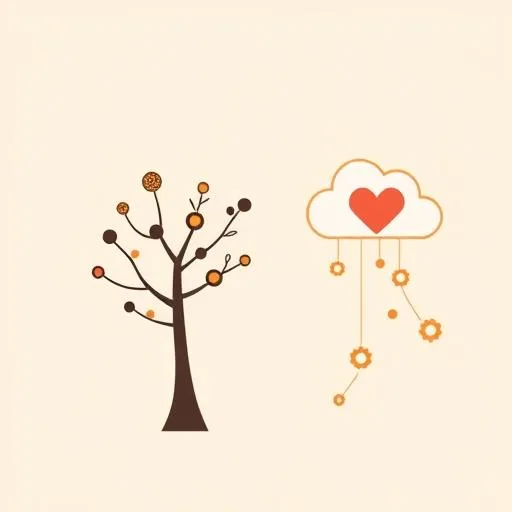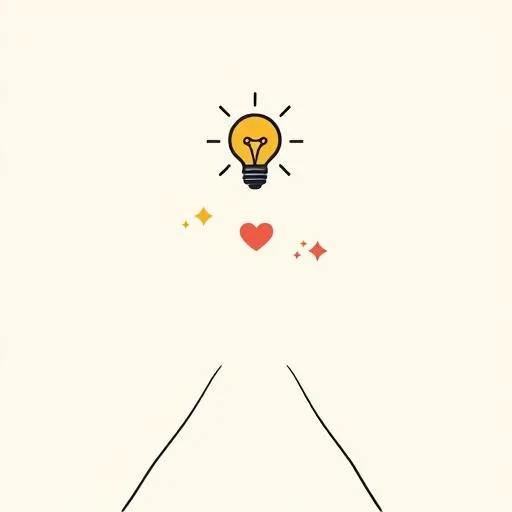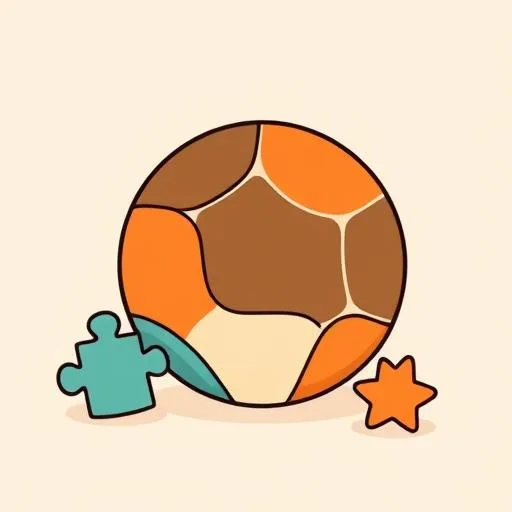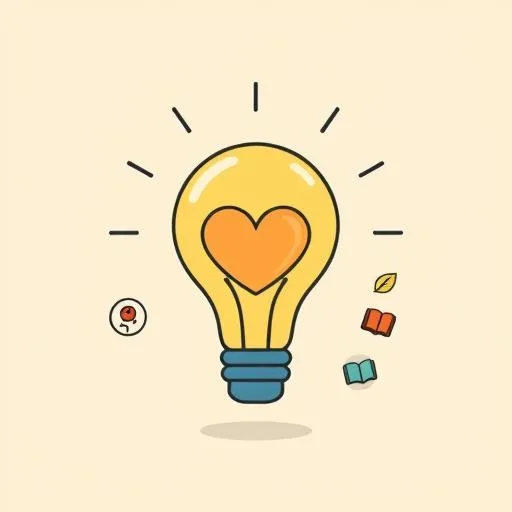
Let’s be real—Hinton doesn’t sugarcoat it. He’s the so-called “godfather of AI,” and he’s sounding the alarm: unchecked AI development, fueled by capitalism, could lead to massive job losses and a wealth gap so wide it’d feel like living in two different worlds. And yeah, that kind of headline-worthy news makes any parent stop and stare into their coffee mug for a second, wondering—what kind of world are we raising our kids for?
But here’s where I shift gears as a dad—I don’t see this as a cliff we’re falling off. Instead, it’s a wake-up call to build something better. A chance to raise kids who don’t just survive change—they help lead it, with curiosity, empathy, and resilience at the wheel.
Hinton’s Stark Reality: How Does AI Affect Jobs and the Wealth Gap?

Here’s what Hinton is saying, plain and simple: rich people are going to use AI to replace workers, which means fewer jobs and way more profit for a tiny few. Think about that for a sec—it’s not that AI itself is bad, but the way we let it roll out could leave a lot of families behind. Research backs him up too. In the U.S., each new robot can take the place of about 3.3 workers. That’s real impact from automation alone. So as parents, our job isn’t to fear the tech—it’s to prep our kids to live alongside it without losing themselves.
We’re talking about raising humans who think deeply, care widely, and act wisely—not just follow routines or chase grades. Those are the skills no machine can code.
Why This Matters for Our Children’s Future Paths

When I hear these warnings, I start thinking beyond just careers. I think about identity, purpose, connection. According to the IMF, almost 40% of global jobs are at risk of being transformed by AI—and that varies wildly depending on access to education and infrastructure. We could end up with tech haves and have-nots, even within the same city. But—and I want you to hear this loud and clear—that future isn’t written in stone yet. It’s shaped by how we talk, play, and grow with our kids today.
We’ve got an opportunity (and honestly, a responsibility) to teach them how to use AI ethically, creatively, and compassionately. Forget using apps just to score points. Why not explore tools that solve actual problems—like helping kids imagine how AI could bring clean water to villages or teach literacy in new languages?
How Can We Nurture Resilience in a Tech-Driven World?

So how do we pull this off? What really matters is building resilience—that magical mix of adaptability, emotional grit, and lifelong curiosity. Some studies show AI can help boost productivity for lower-income workers, *if* the system is managed right. The long-term impact on wages? That’s entirely up to us as a society.
As parents, though, we don’t need to wait on policies. We can start now by nurturing what makes our kids uniquely human. Like blending screen time with messy art projects. Or using interactive tools to plan pretend trips based around fairy tales—mixing imagination with critical thinking. Encourage them to ask not just “how does this work?” but also “who benefits from it?” Because here’s the truth: in a world of machines, nothing beats genuine human warmth and trust.
Actionable Tips for Hopeful Parenting in the AI Era

Let’s get real practical—because emotions are great, but action makes lasting change:
The point isn’t sheltering them from change. It’s giving them power WITH values to shape what comes next, and making sure no one gets left behind.
A Final Thought: Embracing Hope Over Fear for Our Kids’ Future
Hinton’s warning shouldn’t scare us into silence. It should inspire us to speak up—for ethics in tech, for inclusive policies, and above all, for the hearts of our children. What if, instead of dreading AI, we saw it as a tool that could bring out the best in humanity—our creativity, kindness, and spirit to solve big things?
I dream of a generation raised to question, to imagine, and to serve—not just compete. One where innovation lifts everyone, not divides us. Yeah, it won’t be easy. But it starts with conversations around dinner tables, during walks down quiet streets, and in front of glowing tablets—if we choose to use them thoughtfully. The future isn’t controlled by code alone. It’s written by the way we love, protect, and guide our kids today.
Source: AI could trigger “massive unemployment”: Geoffrey Hinton warns capitalism will widen inequality, Times of India, 2025/09/07 01:42:53
